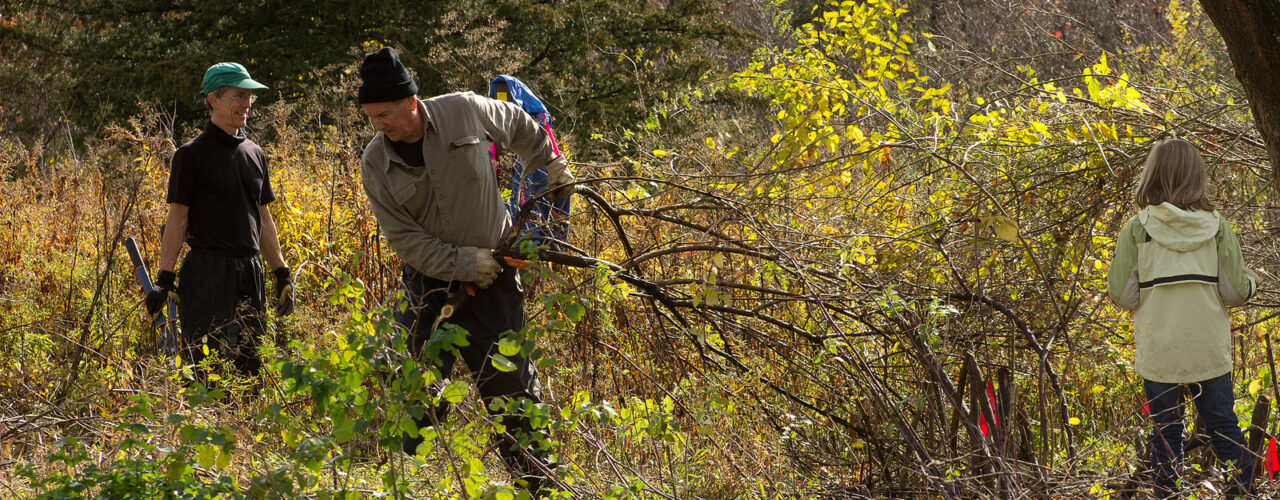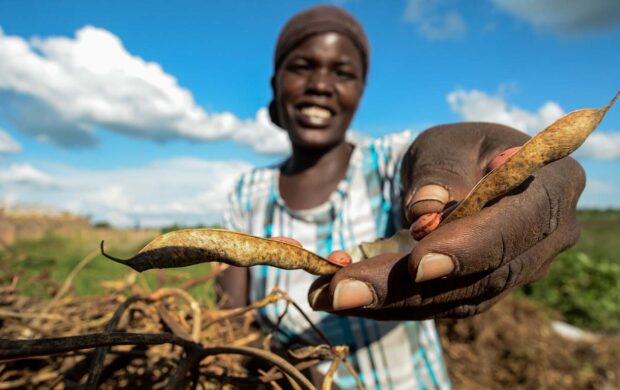The European commission has for the first time released an in-depth analysis of the impact citizen scientists have on biodiversity research. A global database of 328 biodiversity-focussed projects involving unpaid volunteers showed that between 1.36 and 2.28 million people give up around 3 working days of their time each year to surveys run by government agencies, academic institutions, NGOs and private entities such as zoos. This is estimated to be worth $0.7-2.2 billion per year of in-kind contributions.

The researchers focussed on projects that collected data on species presence as well as contextual information such as time and location. The research also discovered that while many of these volunteers are contributing to both long running and wide ranging survey programmes, their data is underused.
Over the years of citizen science there has been a surplus of data collected but either a lack of resources or lack of willingness to process and analyse it. This data can be crucial in with mapping long-term trends of threatened species. The data collected is also heavily biased in favour of certain species such as birds and mammals however new apps such as iRecord and PlantTracker have attempted to get the general public interested in other forms of biodiversity like plants or butterflies.









